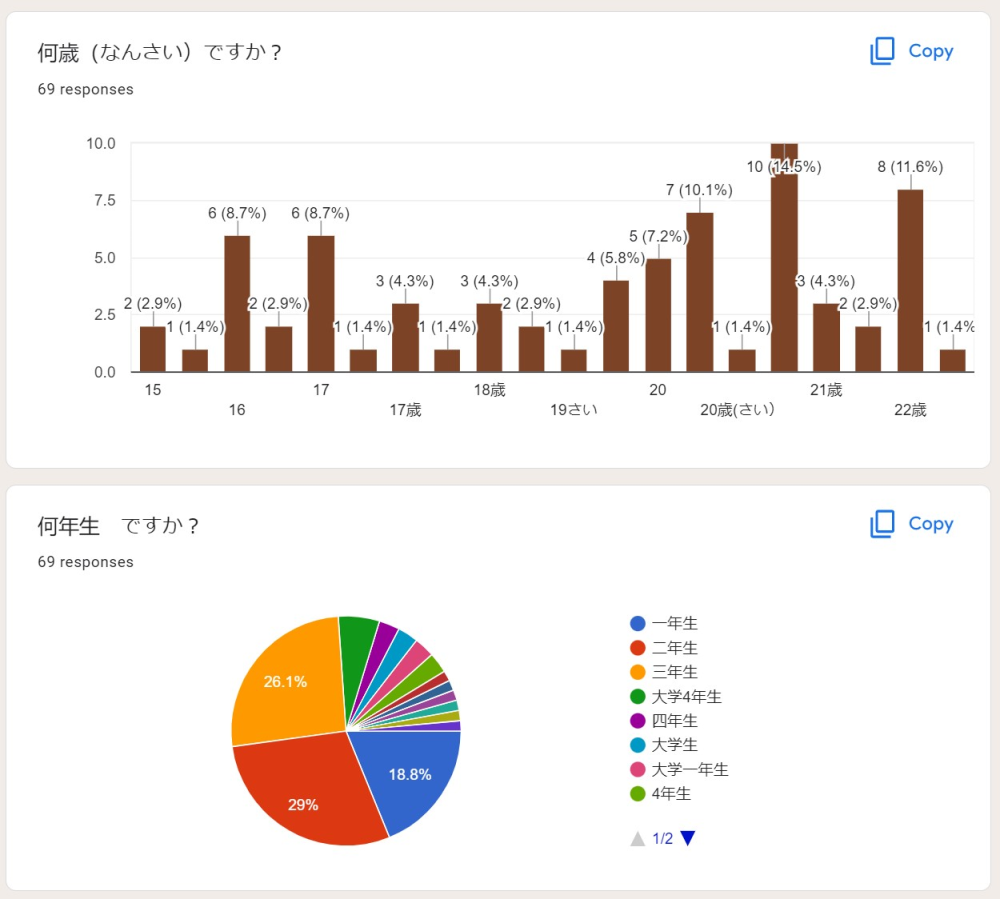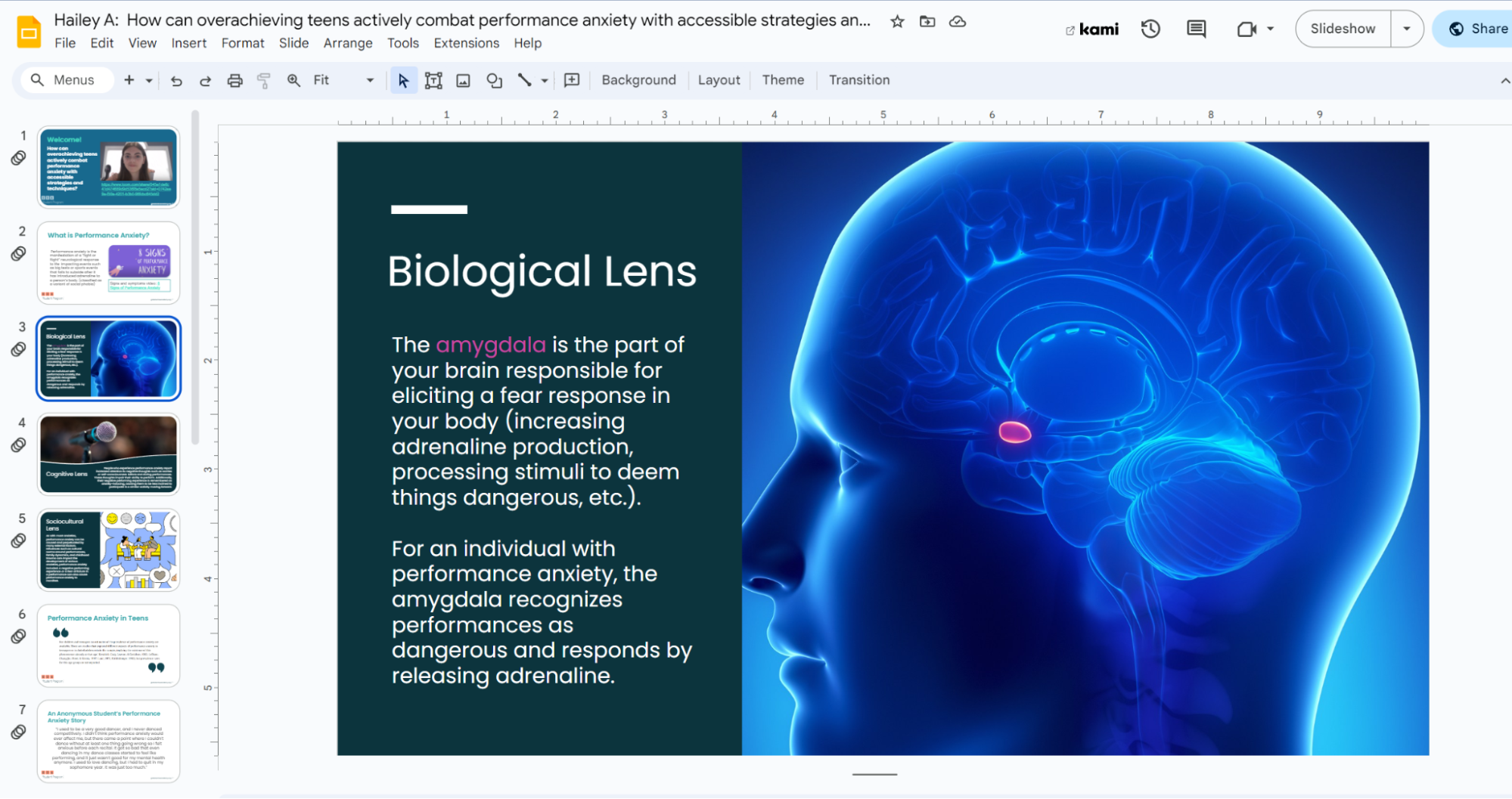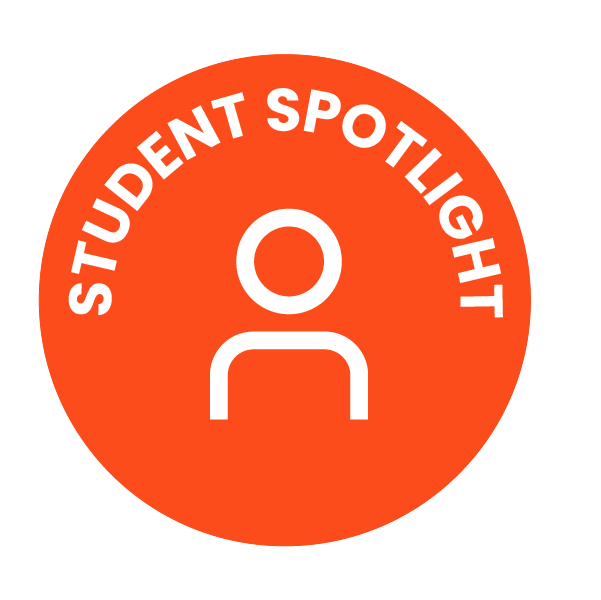From Japanese to Psychology: My GOA Journey
My Global Online Academy education has always been incredibly meaningful to me, whether it was because it allowed me to continue previous studies or pursue new ones.
In the beginning, I was a GOA student out of necessity. I had just switched high schools, and my new school had no way for me to continue the Japanese language education I had been receiving from my old school. My new school’s administration offered me a solution: GOA’s Japanese Language Through Culture course. Although I was not sure learning a language online would be as effective as learning a language in a physical classroom, taking the course quickly dispelled all of my doubts. I learned more in GOA’s level two Japanese course than in the three years I had already spent taking Japanese at my old school.

In addition to Japanese, GOA also taught me crucial time-management skills that continue to be applicable in all aspects of my life. Since many of GOA’s assignments are expected to be done asynchronously, it was up to me to decide when and where I wanted to complete them. Through this, I came to understand what method of planning worked best to keep me on track to turn in all of my assignments on time. Many assignments throughout the course also required me to arrange and attend synchronous meetings with other students in the course. Since many of them lived in different time zones from myself, these types of assignments taught me how to reach compromises when choosing meeting times to accommodate the needs of someone who may be waking up as I am going to sleep.
Despite the challenge of working around their schedules, the other students in my GOA course provided me with fresh perspectives on the course material as well as insight into their unique lives. Our synchronous meetings brought together otherwise unrelated individuals from all corners of the world, casually providing us with the incredible opportunity to share our multicultural experiences with one another. Even though we found many differences between our day-to-day lives, we were also able to learn that we were more similar than we thought. I learned that my peers in Hong Kong liked the exact same TV shows as me and my peers in California were obsessed with the same musical artists as me.
The idea of grading students based on their understanding of course material and competency in the skills learned through their courses is one that allows students’ growth to be highlighted. When I first started learning Japanese with GOA, it was challenging for me to adapt to this grading style. I was very used to grades being based on the accuracy of my answers, so learning how to best show my understanding of course material without relying on accuracy alone was hard for me at first. As time progressed, I came to realize how beneficial competency-based learning is for my education. Instead of memorizing concepts and answers for tests and then forgetting them to make room for new information, GOA’s competency system pushed me to build on my existing knowledge of a subject with the new material I was learning in my course. This style was especially helpful for me as someone learning a language, as it allowed me to consistently grow my ability to speak, write, read, and understand Japanese without forgetting vocabulary words or sentence structure rules.
After my first year taking Japanese through GOA, I immediately enrolled in their level three Japanese course for the following year. That year, I had the most incredible Japanese learning experience as I branched out and began to create projects entirely in Japanese. One of these projects even allowed me to conduct a research survey on Japanese students learning English in Japan, an amazing, immersive experience.
Unfortunately, GOA only offers three levels of Japanese language courses, so I could no longer take Japanese on GOA after I finished the third level. However, I did not want my GOA education to end there, so I decided to register for GOA’s Introduction to Psychology course. It was one that I had heard wonderful things about from everyone at my school who had taken it in previous years, so I had high hopes going into it. I have had an excellent time learning the basics of psychology and how to apply them ethically and responsibly to answer questions about psychological concerns. Although this is my first time ever taking a psychology course, GOA has made it feel almost familiar to me by creating an environment where my classmates and I share the same passion for the subject. As this semester draws to a close, I have even been able to do my own research into the topic of performance anxiety in teens and how it can be managed (linked here).

Through Global Online Academy, I have been able to create my own learning path, an opportunity I am forever grateful for. My classmates have also shaped my experience, and hearing from them has opened my eyes to how someone whose life is so different from mine can still be so similar to me. Being a part of the GOA learning community has given me a new outlook on education and shown me that it does not have to be all about individualization and numeric achievements. True learning is based on improvement and growth.
Hailey A. is a GOA Ambassador and Student at Germantown Friends School.
For more, see:
- What Online Learning Can Offer Students
- Student Spotlight: Thriving in Student-Led Learning
- Student Spotlight: From Fiction Writing to Microeconomics - A Student’s Journey with GOA Courses

This post is part of our Student Spotlight series, where we feature stories from students who take GOA courses. Are you a current or former GOA student who would like to contribute or be interviewed for a Student Spotlight article? Or, are you an educator who has a recommendation for a student for us to feature? Email us at hello@globalonlineacademy.org with the subject title “Student Spotlight.”
GOA serves students, teachers, and leaders and is comprised of member schools from around the world, including independent, international, charter, and public schools. Learn more about Becoming a Member. Our professional learning opportunities are open to any educator or school team. Follow us on LinkedIn and Twitter. To stay up to date on GOA learning opportunities, sign up for our newsletter.
